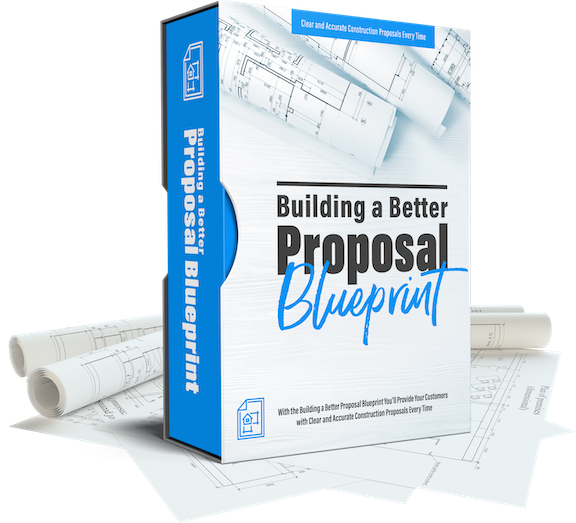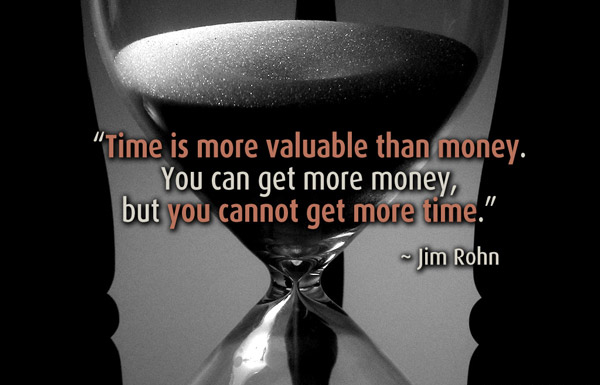Wielding a Power Tool Gives Us a Sense of Control and Respect
Those of you who build, know what I mean. Feeling that power in our hands. We are in control, but the machine can never be tamed. We have to respect it, or we will regret it. We pretend to be in charge of the “power tool beast” but know better.

- Power tools have the power to create. When the power tools come out, we have no idea what is about to happen. Every time we connect with that much electricity, a child-like excitement oozes from our pores.
- Power tools have an untamed spirit that screams: “Anything can happen.” Turning on a generator makes you feel like you are The Generator. For a few minutes, you’re off the grid and in-charge. You have the power and can decide who you will bestow it upon.
- Power tools let us pretend that we can do anything. Don’t fool yourself, your power tool is in charge! Just look at the sticker on your SAWZALL: “Warning this device is powerful and is capable of doing serious harm to your home, your person or your entire way of life.
Meditate on the raw power, the Amps and the Volts. Be in awe and imagine where your power tools may take you.
This fascination with tools is very similar to the reason most guys would take almost any ridiculous “man challenge” for the promise of a gold sticker on their forehead and “buddy cred”.
“Hey, I bet you can’t crush that can with your head!” Sound familiar?
Hopefully most of us are smarter than this.

As builders we love the rush we get from building something. That sense of accomplishment that comes from creating a dream home out of that stack of boards. Tools give us the power and control to do this.
A tool that is even more powerful than the biggest meanest saw, is the Blueprint for Building a Better Proposal.
I know it doesn’t make as much noise or make your arm numb after using it all afternoon, but it’s a tool that will allow you to build your business into a skyscraper of success.
The hardest thing you will ever build is a business. The tools used for this kind of building are different than what we normally think of when thinking tools.
During my thirty-five plus years of building my business I’ve continually worked to achieve and maintain a sense of control over my profit and respect for the power of business.
Just like any other building project, it’s important to know what tool to use for specific applications. You wouldn’t use a cordless screw gun to saw a board, or a reciprocating saw to nail down a shingle.
You can saw a board with a hand saw or you can use a circular saw. We both know which is faster, easier and makes more sense.

The same thing is true for preparing a proposal.
You can use the old school “guesstimation” method or you could use the new and improved power tool. It’s important to have the right tool for the job.
We are going to be offering a Holiday special for the Building a Better Proposal system starting on Black Friday complete with a weekly tool drawing starting on Black Friday.
If you or someone you know would like to feel the power of a tool that gives them control over building a successful construction business while respecting that power without regret…stay tuned for upcoming details or contact us in the comments below.












































